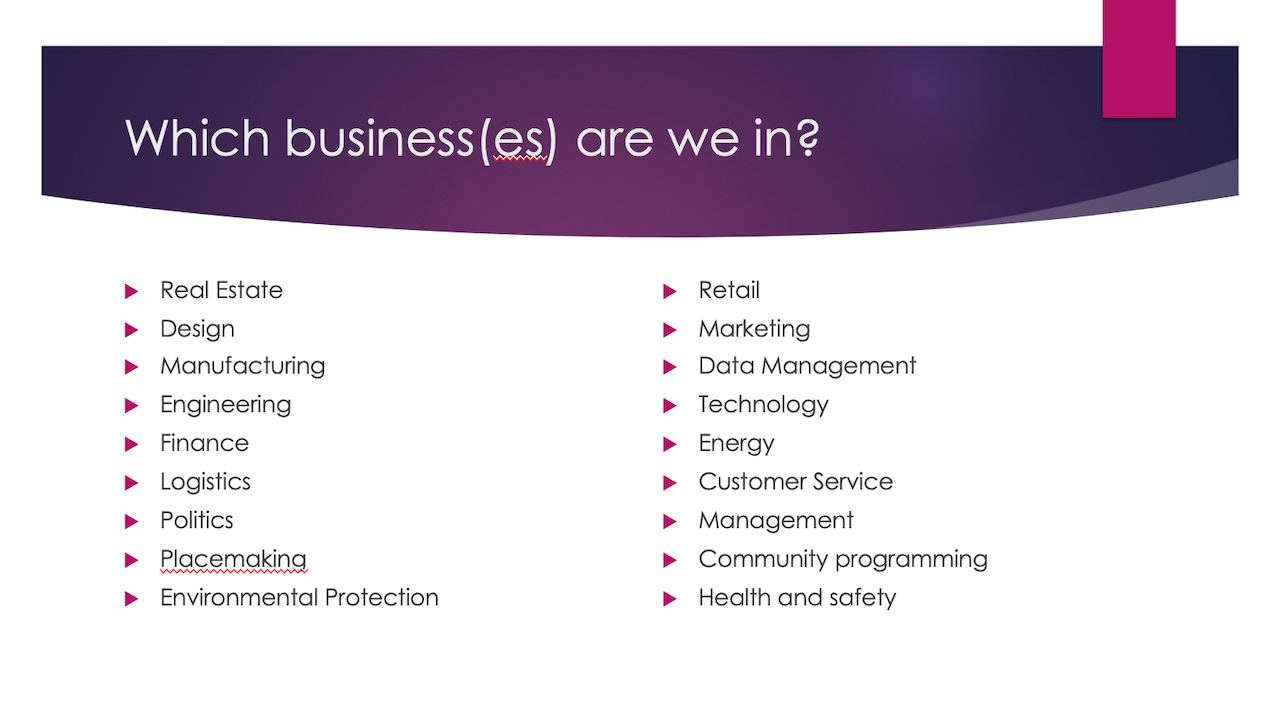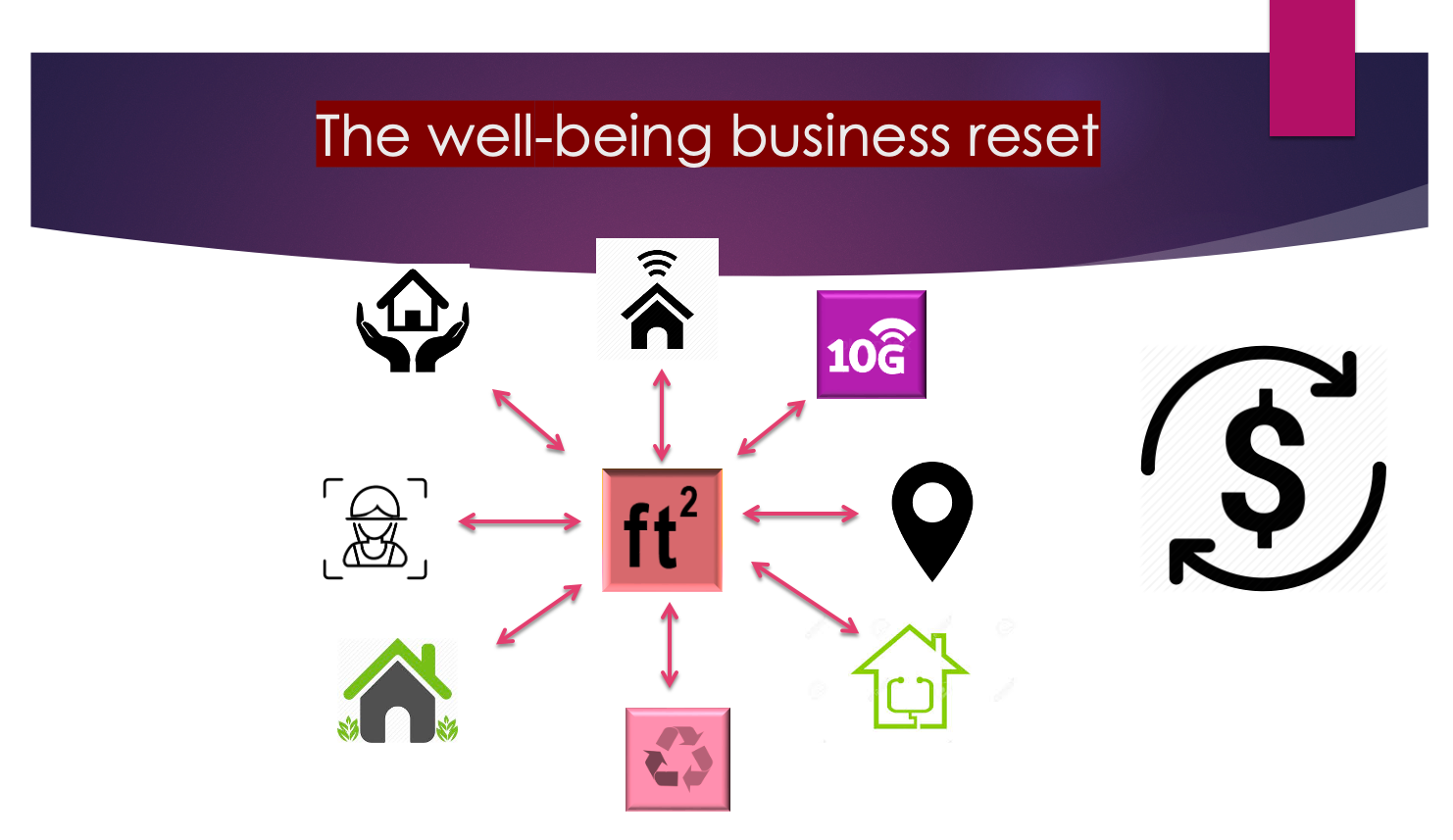Technology
A Core Competency Reset Is Coming For Builders And Partners
You're already hearing it and you'll hear it time and time again until reports of "green shoots" and evidence they've taken root and started to spread becomes a narrative of momentum: "We're going back to basics."

In his prepared intro to discussion of LGI Homes Q3 2022 earnings with investment analysts on Tuesday this week, chairman and ceo Eric Lipar said:
It’s clear the pendulum has swung past normal and indeed challenging. With mortgage rates doubling and expectations that could move higher, demand has cooled considerably. Finding buyers who are both motivated and qualified is the new game in town. And we are pivoting in line with our core competencies to meet this challenge."
For Lipar and the LGI team that has rocketed to among the nation's top 10 homebuilding enterprises, a core competence consistently setting LGI apart from peers has been its alchemy of shrewd real estate investment, rigorous building and sales systems and people resulting in, as Lipar himself puts it, "the business of offering an affordable alternative to rent."
As business conditions – now, and for an indefinite time period ahead – tumble homebuilders and their networks of partners into a headlong thrash of "pricing to market" the hundreds of thousands of homes in new residential construction's pipeline and defending go-forward profitability, a "core competencies crisis" stands as an equally crucial opportunity.
You're already hearing it and you'll hear it time and time again until reports of "green shoots" and evidence they've taken root and started to spread becomes a narrative of momentum: "We're going back to basics."
The phrase "back to basics" – a catch-all for trimming way back on costs, laying off team members, cutting losses, and digging down deep for an MVP or, minimum viable product-like approach to continuing as a going concern while the going is tough may not mean "core competencies" exactly, but they're close to one another.
A default to core competencies and back-to-basics – practically necessitated by a haircut in asset valuations, equity, and tradable values across the board in capital investment, land, homes, and other classes of asset – is an opportunity to strip away what does least to create value for a household looking for a new home option.

Let's have a look at a insight into "core competence," shall we? This 1990 classic on the topic, from C.K. Prahalad and Gary Hamel in the Harvard Business Review, states:
Core competence is the collective learning in the organization, especially the capacity to coordinate diverse production skills and integrate streams of technologies. It is also a commitment to working across organizational boundaries. Organizing around core competencies requires a radical change in corporate organization.
The first step requires identifying core competencies, which meet these three requirements: They provide potential access to a wide variety of markets, make a contribution to the customer benefits of the product, and are difficult for competitors to imitate.
In light of that framework, let's look now at what typical homebuilders – those firms responsible for from 10 homes a year to 75,000 homes, that collectively develop, produce, and sell nine of every 10 new homes in the U.S. – do.

To that end, what you stop doing now is as important to survival and eventually thriving as what you continue doing. Have a look at this perspective from our friends at Mosaic.
Tomorrow’s homebuilding process must utilize comprehensive, accessible data in order to make every step more predictable: infusing insight into decision-making, network dynamics into bidding, smart scheduling into management and reporting, and consistency in how vendors get paid.
Data accessibility further supports an elastic, dis-integrated model for construction where critical information is shared in real time across arms-length stakeholders. Where process solutions are effectively custom-fit across the spectrum of developers, projects, and scale, yet platformed in a way that makes them accessible to all. Imagine being able to change almost any part of the process midstream in reaction to any event, whether it’s a customer request, a market fluctuation, or dictated by conditions on the ground.
From greater predictability comes greater creativity.
Tomorrow’s developers will have the capacity to think about alternative materials, alternative methods of manufacturing, sustainability, and equity in ways they couldn’t have before.
Ultimately, more data also means more elasticity; the ability for all key stakeholders — the developer, the general contractor, and the trades — to scale up or down depending on the project.
If today is characterized by data-deficiency, then tomorrow must be defined by data-efficiency.
Now, think about simplifying, streamlining – getting back to basics – and answer this question [circle your core competency from this list of options]:
In a re-price-to-market, back-to-basics moment of inflection, a homebuilder's core competency – the business they're really in will place a solid foundation of value beneath the offering of a home and a community. That value – one that can outlast high mortgage rates and weather inflation's erosion of other assets – may stand strong around a promise such as this:

Safety and security, connectedness and tech capability, locational value, healthcare access, resiliency, sustainability, privacy ... i.e. well-being, is a core competency, and a value creator many homebuilders bring to the market.
Only it gets complicated because they're trying to do so many other things as well.

The ability to do that one thing – being in the well-being business – well will catapult some firms to enormous value creation opportunity through and beyond this latest cyclical, back-to-basics stress test.
Stripping away what is not a core competency means taking a hard look at the role data, its upfront investment and carrying costs, plays in your system.
Think about your core competency, and look at an option you can consider to all the resources your firm ties up in skill-sets that are not specifically devoted to offering your consumer household customers home and community well-being.
What you stop doing right now – every single focus that is not a core competency – is as crucial as what you continue to strive to do.
Residential construction made easy. As a tech-enabled general contractor for the residential development industry, Mosaic focuses on production-scale projects of all types, from single-family homes to horizontal apartments to other build-to-rent product types.
MORE IN Technology
Lennar Taps Into Geothermal To Power New Colorado Homes
A major homebuilder's bet on geothermal heating and cooling for over 1,500 new Colorado homes could pave the way for mainstream adoption as buyers increasingly seek sustainable, energy-saving features.
AI Crushes Missing-Middle Time And Cost Curves Toward Affordability
Developing multifamily rental and for-sale properties takes time — sometimes years -- depending on a labyrinth of zoning rules and the whims of local jurisdictions.
Brandon Elliott’s Next Big Thing: An Uber-Style Building Trades Platform
After selling Elliott Homes to Meritage, the Gulfport, Miss.-based entrepreneur sets his sights on transforming trades with a logistics-tech startup that aims to make construction faster, smarter, and more affordable—starting with siding.


